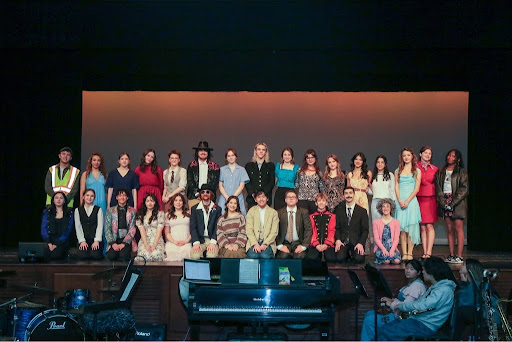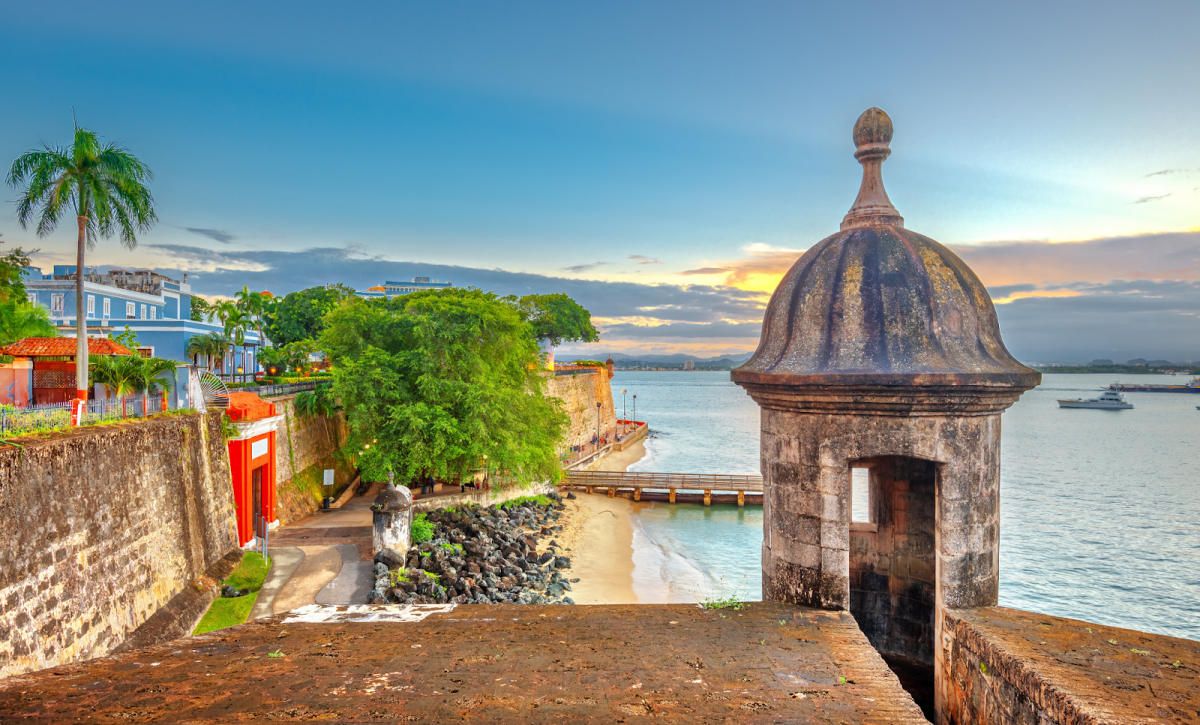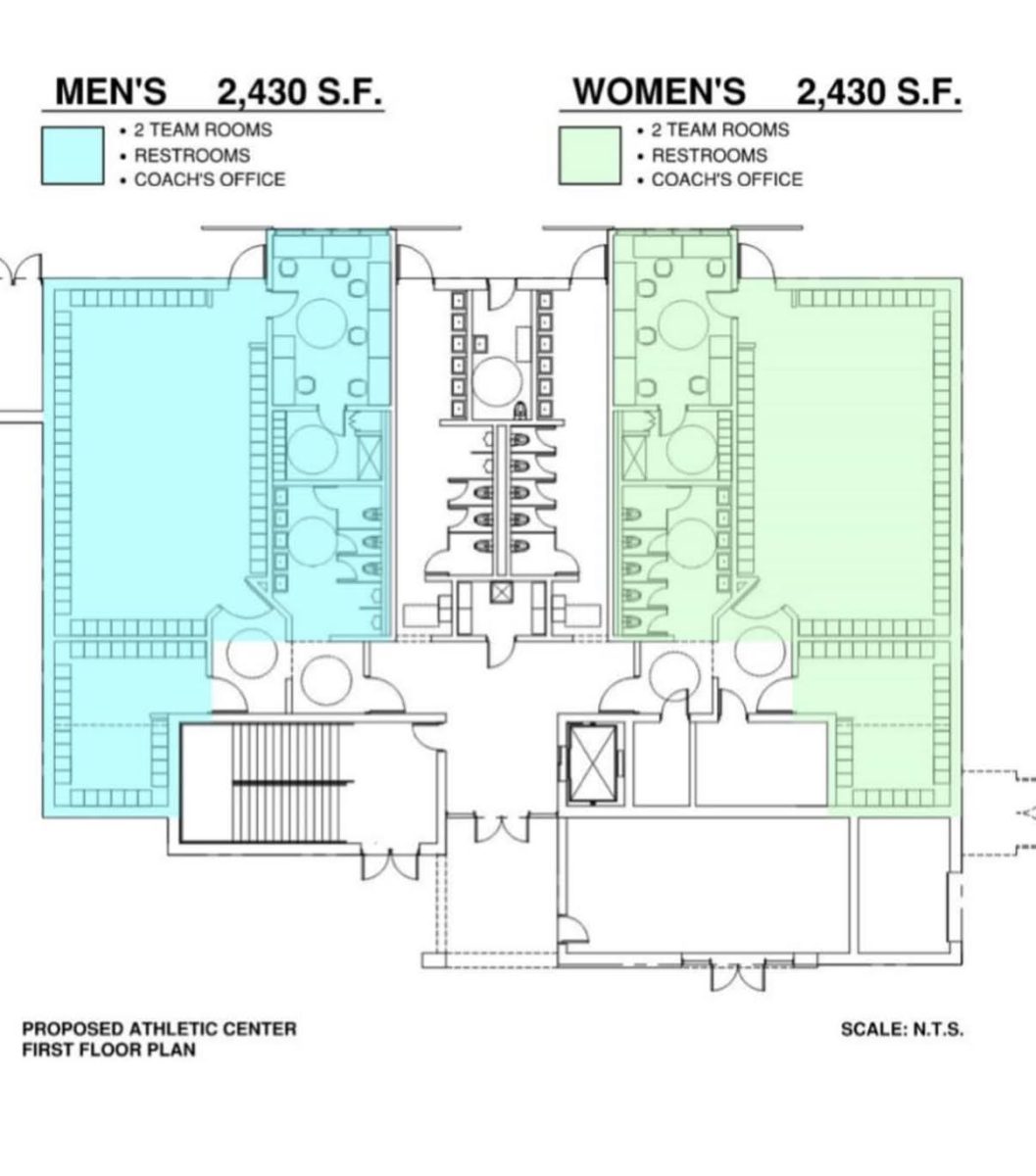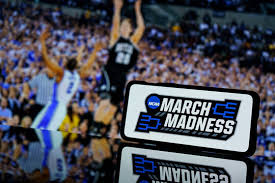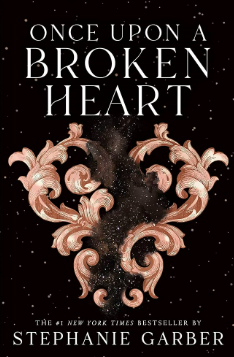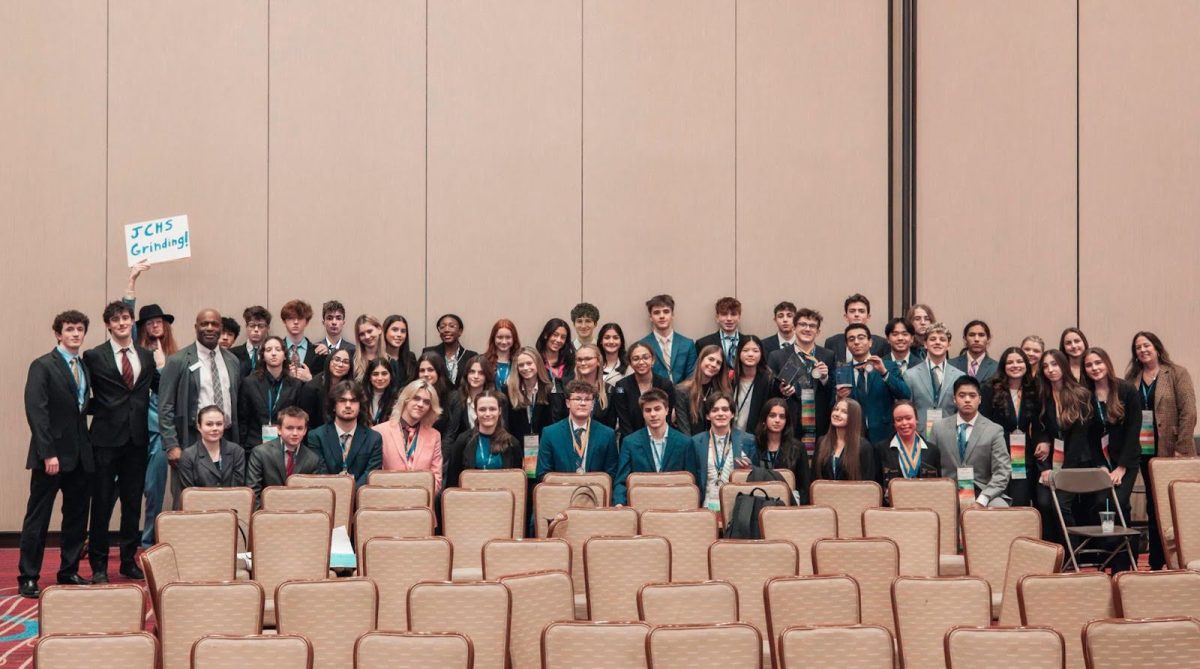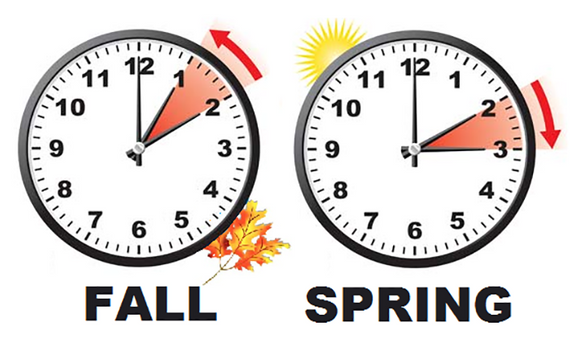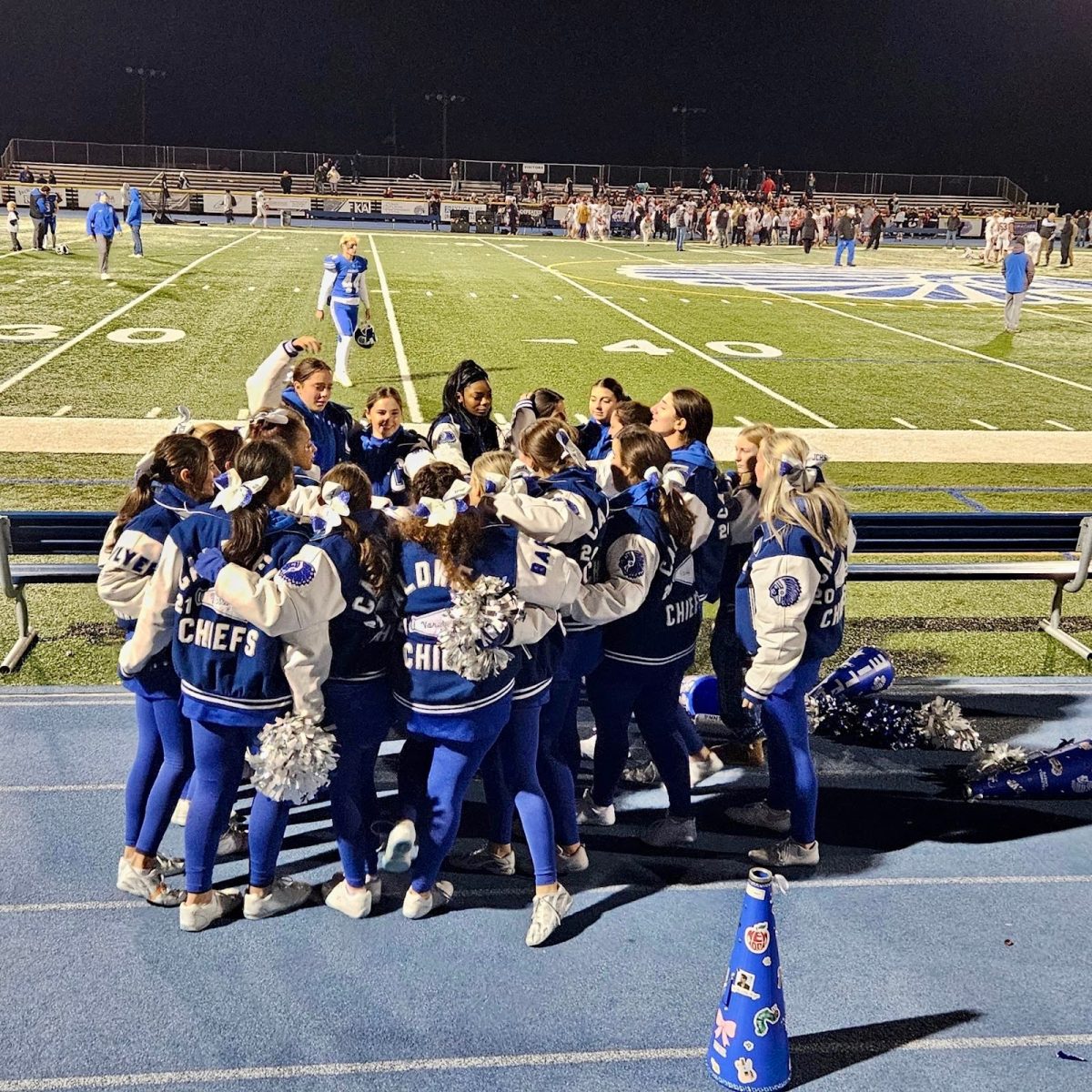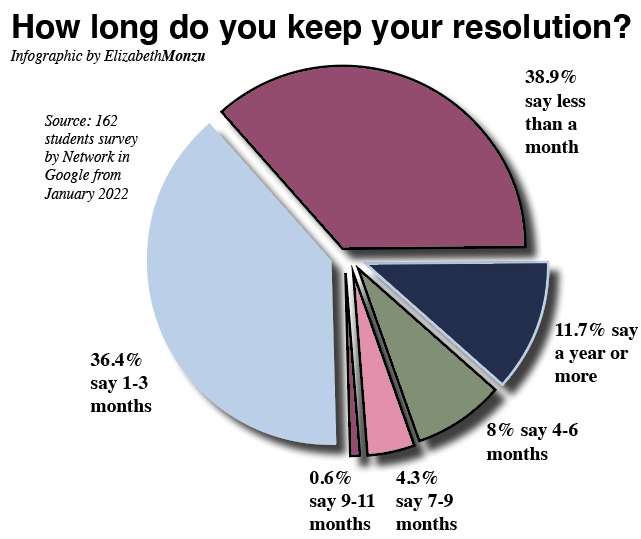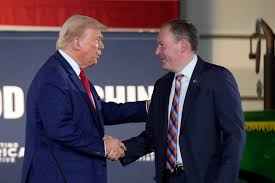The pardon remains an increasingly heavier burden on the democratical rulebook America has abided by for 232 years.
When a person is convicted of a felony, they lose various civil liberties including the right to vote, serve on a jury, or own a firearm. A presidential pardon restores all these rights as if the crime had never been committed. However, a presidential pardon does not make the accused completely innocent of the crime nor does it clear their records. It is simply an act of forgiveness.
To determine whether or not an individual qualifies for a presidential pardon, the following factors should be considered: post-conviction conduct, character, reputation, seriousness of the offense, acceptance of responsibility, remorse, need for relief, and official recommendations. Yet, the president is not bound to these rules or qualifications.
One might wonder, what prevents the president from pardoning those in their administration? Congress is preparing for the likelihood of a president potentially pardoning their administration or colleagues in hopes of saving face. Although a president can pardon members of their administration who refuse to testify before Congress, the Supreme Court granted Congress the power to hold its witnesses accountable outside the president’s pardoning capabilities.
It is not set in stone whether a president can or cannot pardon themselves, but it should be. The president should not get to decide whether they do or do not take advantage of the presidential pardon because this kind of wiggle room is where the democratic properties of a government dissolve.
For example, just before leaving office in 2001, President Bill Clinton pardoned his brother, Roger Clinton, who had served time for a drug-related federal offence. Clinton’s abuse of power is simply unacceptable, undemocratic, and borderline unethical. If the limitations and abilities of the pardon were built upon further with restrictions on family members, friends, former friends, cases where the pardon could easily become biased. For example, if Bill Clinton had not been the president at the time, Roger would not have been pardoned. There is a privilege to being colleagues with the president in the case of pardons. If the friend of a president committed illegal crimes, there would be security in doing those crimes, since the president could excuse your actions as mistakes. The people who are close to the president should not be above the law just as the president is not above the law either.
Another example took place in 2017, when in the first year of his presidency, President Donald Trump pardoned former Arizona sheriff Joe Arpaio, who had been convicted of defying a U.S. judge’s order to stop racially profiling suspects. Once again, the unethical characteristics of a crime was overlooked with the “Get out of Jail Free Card” that the presidential pardon has shown itself to be.
A presidential pardon can be used correctly, but this is all dependent on the president themselves and whether or not they choose to uphold the values America is built upon. History has shown over and over again the repercussions of providing the leader of a country with unsupervised power. It creates a state of chaos and, for lack of better words,a free-for-all.
An officeholder cannot be pardoned to avoid impeachment, however that remains the only limitation on pardons set by Congress. The guidelines of the presidential pardons are not clear. For example, it is still a debate whether or not a president can pardon themselves which shows the sheer lack of acknowledgement the pardon has received since the ratification of the Constitution. If there are not enough limitations on who can and cannot be pardoned, then those closest to the president have a free pass on any federal crimes that they commit, which would be undemocratic.
Although the presidential pardon continues to condone unacceptable behavior, it has great potential to be a tool of forgiveness. The president is a role model for Americans. So, if they forgive those guilty of a federal crime, then the American people should forgive those in their lives who have made mistakes. Forgiveness is important in creating a unified country, making America not a country of citizens, but a community.

Sources:
https://www.justice.gov/pardon/pardon-information-and-instructions
https://www.robertreeveslaw.com/blog/presidential-pardons/
https://www.thoughtco.com/number-of-pardons-by-president-3367600
https://www.brookings.edu/blog/fixgov/2018/07/25/the-pardon-power-and-original-intent/
https://www.findlaw.com/litigation/legal-system/presidential-pardon-power-and-its-limits.html


